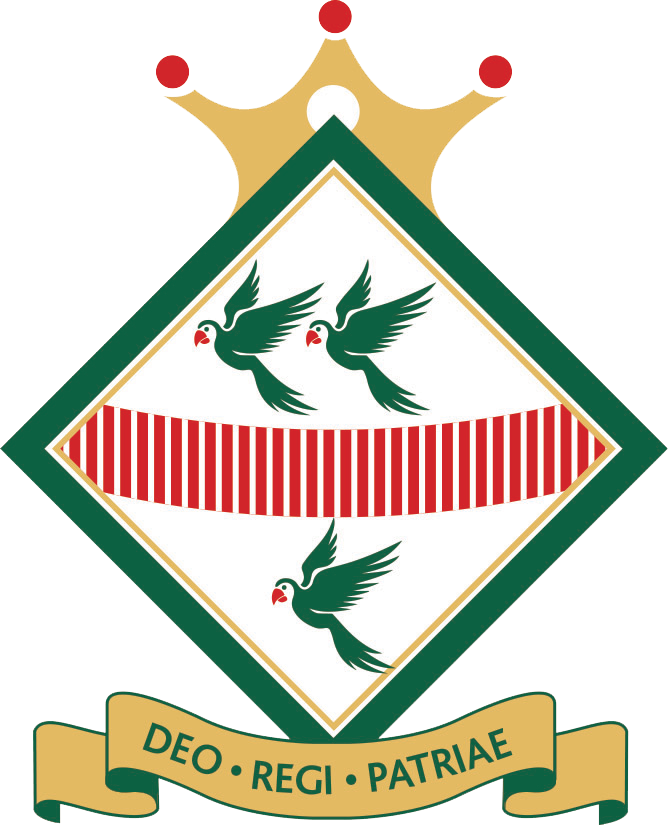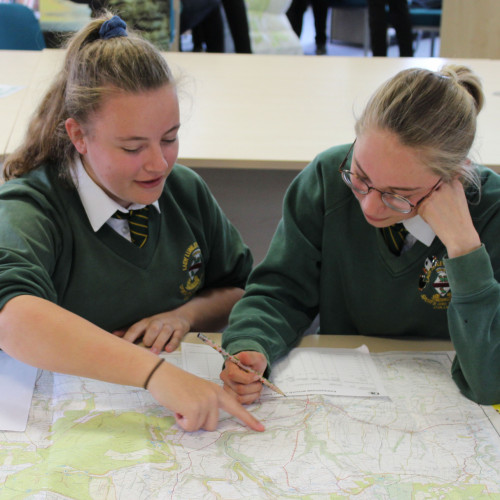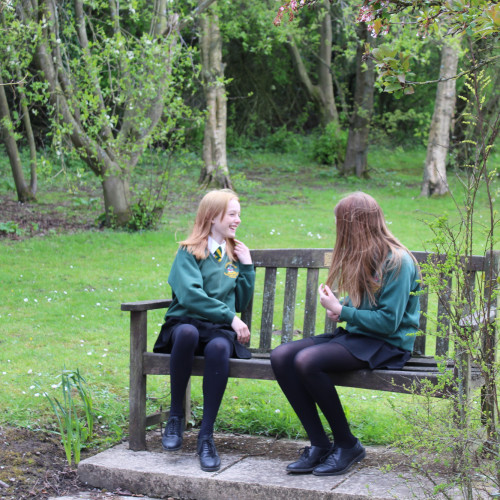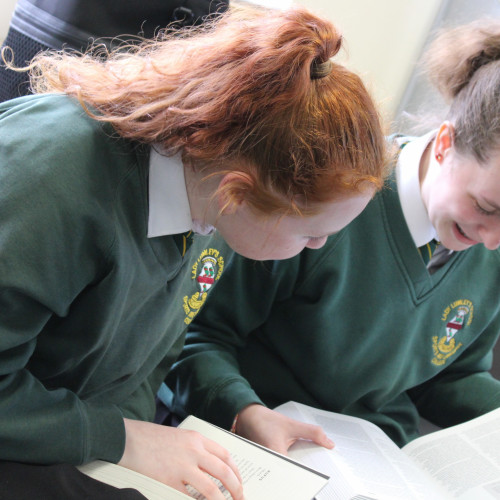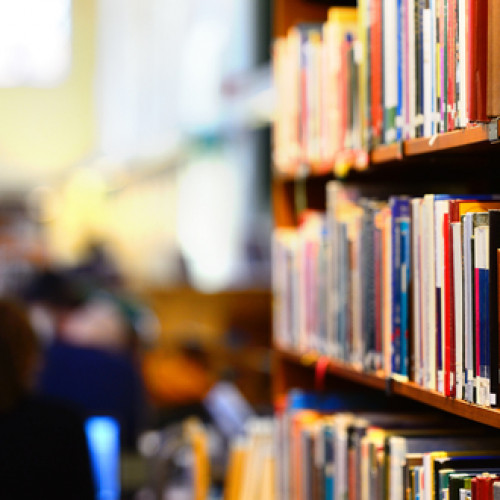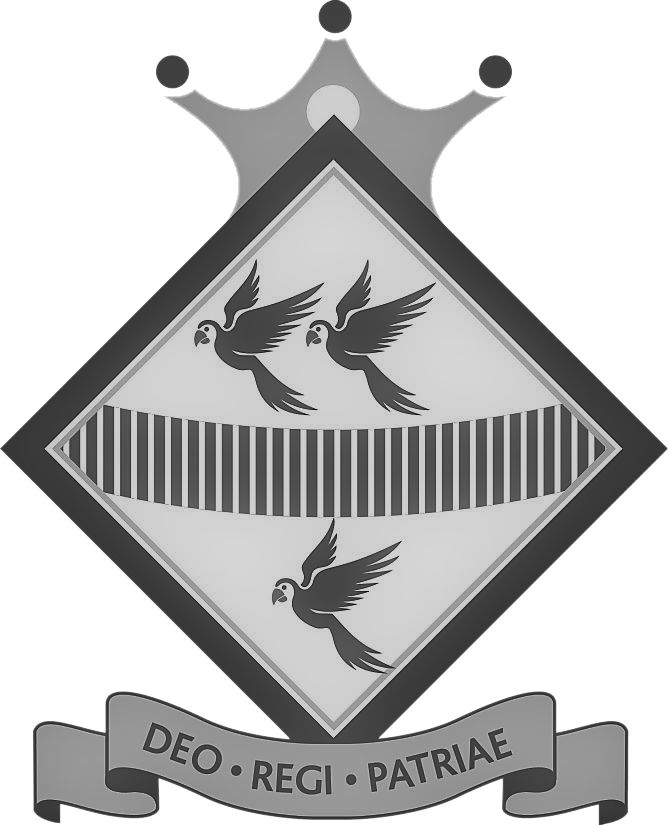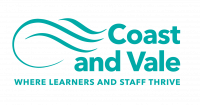Science
Key Stage 3
The emphasis in Key Stage 3 Science is a thorough grounding of skills and knowledge through our specialist and enhanced curriculum. We aim to develop our students into resilient and curious independent learners, who can understand and adapt to the challenges of modern society. We have high expectations of our students. Studying science develops a theoretical and practical understanding requiring the application of numeracy and literacy skills.
Year 7
Initially, there is an introductory unit to build students’ practical skills and awareness of safety in a science laboratory.
Topics:
Biology:
- Organisms (Cell and movement), Origins (Variation and Human Reproduction) , Cycles and Interactions (Interdependence and Plant Reproduction)
Chemistry:
- Matter (Particles and Separating Mixtures)
- Reactions (Acids, Alkali and Metals)
Physics:
- Waves ( Light and Sound)
- Energy ( Energy cost and Transfer)
- Electricity and magnetism
- Forces (Speed and Gravity)
- Earth and Beyond (Earth Structure and Universe)
Year 8
Biology:
- Organisms (Breathing and Digestion)
- Origins (Evolution and Inheritance)
- Cycles and Interactions (Respiration and Photosynthesis)
Chemistry:
- Matter (Elements and the Periodic Table)
- Reactions (Types of Chemical Analysis)
- Earth and Beyond (Climate and Earth Resources)
Physics:
- Electricity and Magnetism
- Energy (Work Heating and Cooling)
- Forces (Contact Forces and Pressure)
Year 9
Biology:
- Organisms (Cells & Organisation)
- Cycles and Interactions (Respiration and Photosynthesis)
- Cycles and Interactions (Bioenergetics)
Chemistry:
- Matter (Elements and the Periodic Table, Particle Model)
- Reactions (Energy Changes)
- Earth and Beyond (Chemistry of the Atmosphere)
Physics:
- Energy (Energy Stores and Transfers)
- Matter (Atomic Structure)
Year 10 & Year 11
During Years 10 and 11, all students study biology, chemistry and physics through the GCSE Combined Science course. In our curriculum we aim to develop students’ understanding of the ethical, moral, social, cultural and economic aspects of science. Students are in classes that are streamed by tier entry (foundation & higher). The GCSE Combined Science course award has proved to be an excellent platform from which to continue to A level science courses, undergraduate courses and beyond.
Biology
Biology studies life processes, the molecules involved and their importance. The fundamental units of living organisms are cells, which may be part of highly adapted structures including tissues, organs and organ systems, enabling living processes to be performed effectively. Living organisms may form populations of single species, communities of many species and ecosystems we study this and how they interact with each other, with the environment and with humans. In biology we learn how living organisms are interdependent and show adaptations to their environment. The beauty of life on Earth is studied and how photosynthesis and cellular respiration occur, which without no life could be sustained. The natural world is looked at through a lens of continual cycles. Biologists also learn about what the genome is and its interaction with the environment. The concept evolution explains biodiversity and how organisms are all related to varying degrees.
Chemistry
Chemistry studies the matter that everything is made from. No chemist is ever without the periodic table – the development of this diagram is explained along with why it is so important internationally. Understanding particle matter, and their properties is fundamental to becoming a chemist. Properties of different substances will be studied and explained using knowledge of bonding and structure. Chemical reactions in terms of energy will also be studied and linked to life processes. Chemistry will further develop the appreciation of the earth and atmosphere composition and how human impacts have affected our planet. Students will also understand how important metals are to every day and understand how chemistry is used to extract them.
Physics
Physics covers most of the world around us and beyond, it tries to explain everything we can see and observe through the use of models, such as the particle model of matter or the wave models of light and sound. It links the concept of cause and effect such as those between force and acceleration, or between changes in atomic nuclei and radioactive emissions. It provides theories to understand the phenomena of ‘action at a distance’ and the related concept of the field as the key to analysing electrical, magnetic and gravitational effects. Physics tries to make sense of our world by linking changes to pressures or temperatures or electrical potentials. Newtonian Physics shows that proportionality, for example between weight and mass of an object or between force and extension in a spring, is an important aspect of many models in science and that physical laws and models can be expressed in mathematical form.
Year 10 AQA GCSE Combined Science (Trilogy)
Our Year 10 students ( class of 2026 are our first cohort of students who will be entered for AQA GCSE Combined Science)
Biology:
- Organisms (Cell Biology, Infection & Disease)
- Cycles and Interactions (Bioenergetics)
Chemistry:
- Matter (Elements and the Periodic Table, Bonding)
- Reactions (Energy Changes, Chemical Changes, Quantitative Chemistry, Chemical Analysis)
- Earth and Beyond (Chemistry of the Atmosphere, Using Resources)
Physics:
- Energy (Energy Stores and Transfers)
- Matter (Atomic Structure- Physics)
- Electricity (Electricity & Magnetism)
- Forces (Forces)
Link to AQA GCSE Science Specification
https://www.aqa.org.uk/subjects/science/gcse/science-8464/specification
Year 11 Edexcel GCSE Combined Science
Our Year 11 students (class of 2025 are our last cohort of students who will be entered for Edexcel GCSE Combined Science)
Biology:
- Plant Structures and their Function
- Animal Coordination, Control and Homeostasis
- Exchange and Transport in Animals
- Ecosystems and Material Cycles
Chemistry:
- Obtaining and Using Metals
- Electrolysis
- Reversible Reactions & Equilibria
- Groups in the Periodic Table
- Fuels
- Earth & Atmospheric Science
- Energy Changes
Physics:
- Electricity and Circuits
- Magnetism and the Motor Effect
- Electromagnetic Induction
- Particle Model
- Forces and Matter
Link to Edexcel GCSE Science Specification
https://qualifications.pearson.com/en/qualifications/edexcel-gcses/sciences-2016.html
GCSE Science
During Years 10 and 11, all students study biology, chemistry and physics through the Edexcel Combined Science GCSE course. In our curriculum we aim to develop students’ understanding of the ethical, moral, social, cultural and economic aspects of science. Students are in classes that are not streamed by ability, an approach backed up by educational research. The GCSE combined science award has proved to be an excellent platform from which to continue to A level science courses, undergraduate courses and beyond.
Biology
Biology studies life processes, the molecules involved and their importance. The fundamental units of living organisms are cells, which may be part of highly adapted structures including tissues, organs and organ systems, enabling living processes to be performed effectively. Living organisms may form populations of single species, communities of many species and ecosystems we study this and how they interact with each other, with the environment and with humans. In biology we learn how living organisms are interdependent and show adaptations to their environment. The beauty of life on Earth is studied and how photosynthesis and cellular respiration occur, which without no life could be sustained. The natural world is looked at through a lens of continual cycles. Biologists also learn about what the genome is and its interaction with the environment. The concept evolution explains biodiversity and how organisms are all related to varying degrees.
Chemistry
Chemistry studies the matter that everything is made from. No chemist is ever without the periodic table – the development of this diagram is explained along with why it is so important internationally. Understanding particle matter, and their properties is fundamental to becoming a chemist. Properties of different substances will be studied and explained using knowledge of bonding and structure. Chemical reactions in terms of energy will also be studied and linked to life processes. Chemistry will further develop the appreciation of the earth and atmosphere composition and how human impacts have affected our planet. Students will also understand how important metals are to every day and understand how chemistry is used to extract them.
Physics
Physics covers most of the world around us and beyond, it tries to explain everything we can see and observe through the use of models, such as the particle model of matter or the wave models of light and sound. It links the concept of cause and effect such as those between force and acceleration, or between changes in atomic nuclei and radioactive emissions. It provides theories to understand the phenomena of ‘action at a distance’ and the related concept of the field as the key to analysing electrical, magnetic and gravitational effects. Physics tries to make sense of our world by linking changes to pressures or temperatures or electrical potentials. Newtonian Physics shows that proportionality, for example between weight and mass of an object or between force and extension in a spring, is an important aspect of many models in science and that physical laws and models can be expressed in mathematical form.
GCSE Science Specification
https://qualifications.pearson.com/en/qualifications/edexcel-gcses/sciences-2016.html
Enrichment
The Science department offers many enrichment opportunities throughout the academic year and across all key stages. This ranges from a weekly science club for Year 7 students, through to university level practical sessions for KS5 students. Events are also organised to coincide with National Science Week. These include the annual Technology Challenge organised by local Rotary Clubs, which our students have achieved immense success in over many years. Science teachers are always available after school for help with homework and revision.
We run Science competitions through the year (e.g. Cell Competition) and our students are exposed the diversity of scientists who have impacted science through history.
Useful links
https://www.bbc.co.uk/bitesize/subjects/zrkw2hv
A Level Biology
Biology is the study of living organisms and their interactions with each other as well as their environment. In the UK some of the highest skills shortages are in Science, Technology, Engineering and Mathematics (STEM) and our curriculum is designed to develop scientific methodology and awareness of technology advances. The recognition of the value of biology in society has never been so important. After A-level Biology, students can go on to enjoy careers in fields such as medicine, engineering and research.
Biology is studied as a full two-year A-level course, with all of the exams at the end of the 2 years of study.
A Level Biology Specification:
AQA | Biology | A-Level | A-level Biology
A Level Chemistry
The chemistry curriculum develops the students’ understanding of physical, inorganic and organic chemistry. A-level Chemistry teaches many transferable skills that are required for a vast range of careers. Teaching students’ skills in critical thinking, problem solving, teamwork and organisation prepares students well for the next steps that await them. In the UK some of the highest skills shortages are in Science, Technology, Engineering and Mathematics (STEM). A-level Chemistry can lead to careers in medicine, engineering, research, pharmacology and law.
Chemistry is studied as a full two-year A-level course with all of the exams at the end of the 2 years of study.
A Level Chemistry Specification:
AQA | Chemistry | A-Level | A-level Chemistry
A Level Physics
Physics is the study of the universe from the smallest to the largest scales. It is also highly respected by universities as a course which gives an excellent grounding for those who wish to go onto to study scientific or engineering courses. A-level Physics also allows access to many other courses that are not science related as universities value the analytical and critical thinking skills that the subject study develops.
Physics is studied as a full two-year A-level course with all of the exams at the end of the 2 years of study.
A Level Physics Specification:
AQA | Physics | A-Level | A-level Physics
Enrichment
We run study+ sessions bespoke for our AS level Students. We also ensure their practical components involve trips to university and/or external providers come into school (e.g. STEM outreach). Fieldwork is also conducted in our beautiful North Yorkshire Moors.
Physics:
- https://www.revisely.co.uk/alevel/physics/aqa/
- http://hyperphysics.phy-astr.gsu.edu/hbase/hframe.html
- https://pdg.lbl.gov/
- https://www.iop.org/careers-physics
- https://www.youtube.com/c/PhysicsOnline
- https://www.youtube.com/watch?v=fMkctIXg8P0&list=PLGvD8d3gDHUXLkGHQShzTVsr0TZB7It2y
Biology
- https://www.biozone.co.uk/biolinks/
- https://www.newscientist.com/
- https://missestruch.co.uk/
- https://www.youtube.com/channel/UCN4caNO-iJ8-4jGB1WOdo9w
Chemistry
- https://www.chemguide.co.uk/
- https://www.youtube.com/channel/UCPtWS4fCi25YHw5SPGdPz0g
- https://www.youtube.com/channel/UCyl4QJXN9zNapzmKAn-fJgQ
